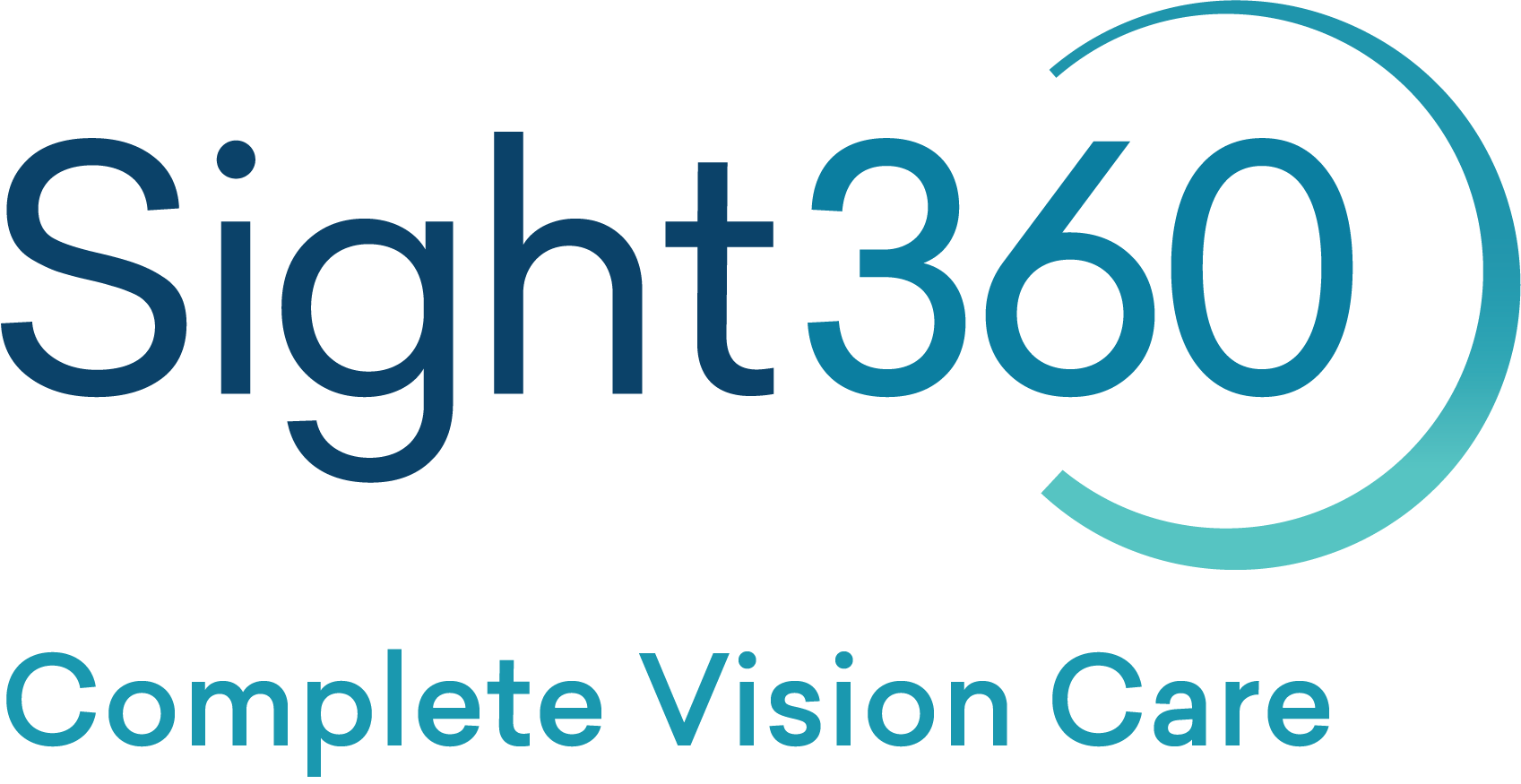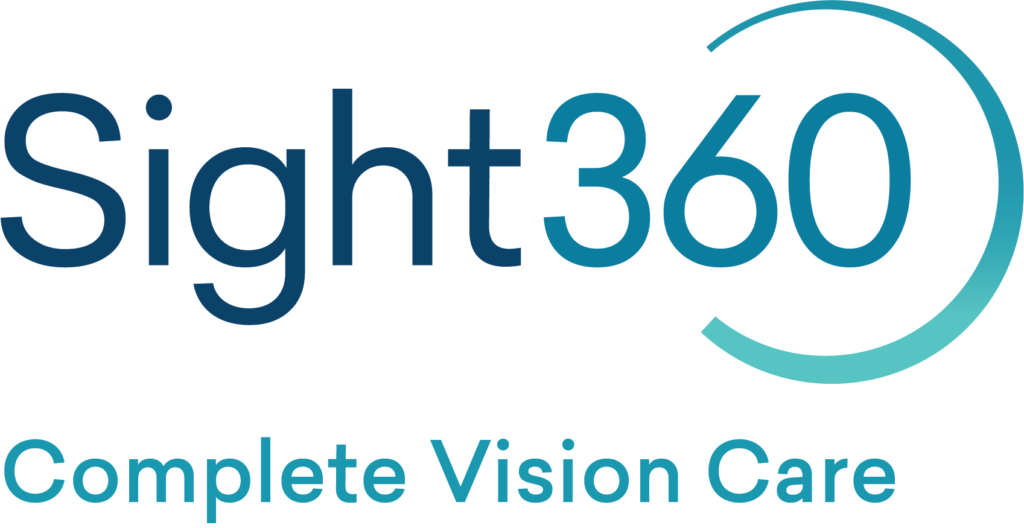What is Keratoconus?
Commonly occurring during the teenage years or early 20s, keratoconus is a progressive eye disease that can cause significant vision distortion if not diagnosed early. Keratoconus begins with a progressive thinning of the cornea. As the round cornea becomes thinner, the shape of the eye begins to bulge and become more cone-like in shape. These changes negatively affect the way light enters the retina, and subsequently distorts your vision. Though keratoconus can affect one or both eyes, generally, both eyes are affected.
The specific cause of keratoconus is still somewhat unknown, but the disorder is generally linked to a combination of genetic, environmental and hormonal factors.
Signs and Symptoms of Keratoconus
Keratoconus patients may begin to experience an onset of symptoms that include:
- Blurry vision
- Double vision
- Progressive nearsightedness
- Irregular stigmatism
- Light sensitivity (photophobia)
Additionally, if your eyeglass prescription changes with every regularly scheduled eye exam, this may be an indication of keratoconus.
Because the signs and symptoms associated with keratoconus can sometimes be confused for alternative conditions, it’s important to seek a professional diagnosis from a skilled optometrist.
Keratoconus Treatment
If you are diagnosed with keratoconus, there are several treatment options available to you. Depending on the severity of your condition, your Sight360 optometrist may recommend a variety of treatment options, from contact lenses to surgery.
Contact Lens Options for Keratoconus
For many patients, the disease stabilizes after a few years without severe vision problems, and generally some form of contact lenses can provide acceptable vision. Common contact lens options include:
- Custom soft contact lenses
- Gas permeable contact lenses
- Hybrid contact lenses
- Scleral and semi-scleral lenses
Our eye doctors can fit you with essentially any contact lens required to correct your condition.
Surgical Options for Keratoconus
For more severe cases of keratoconus, patients may be advised to seek surgery, which can include:
- Intacs (surgically applied corneal inserts)
- Topography-guided conductive keratoplasty
- Corneal transplantation
After one of our expert optometrists assess your condition, they can determine which treatment options might be right for you.
If you have questions about the diagnosis or treatment of keratoconus, or if you need to schedule an eye exam with one of our experienced optometrists, contact us today!

Book Appointment
Whether you are an optician or a renowned surgeon, we have a place for you to make a lasting impact on patients and build a fulfilling career. Apply today!


